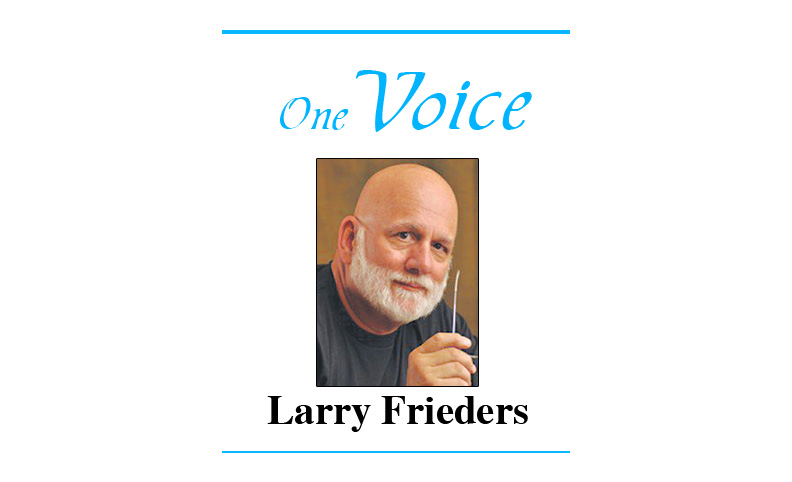
Scott was 85 years old when he died. He was recently diagnosed with cancer and began treatment. His health rapidly declined and he was removed from life support and allowed to die, about 60 days after diagnosis. Many factors surrounded Scott’s death, but one has my attention: The fact that he had begun treatment from which there was no return.
Did Scott die from cancer, or treatment? Nobody can know for certain how Scott lived his final few days. He was on life support for a short time, in a hospital, which isn’t pleasant. Assume that the treatment didn’t kill Scott, but were his final days better or worse than if he had not started medical treatment?
It’s counterproductive, even cruel, to suggest that medical intervention hastened Scott’s death, or that it caused his final days to be tethered to medical machines rather than being in his home.
The health business wields tremendous power and vast numbers of people accept medical advice without giving it a second thought (Doctor Knows Best). Here’s Scott, 85 years old, unexpectedly diagnosed with lung cancer, which in itself is frightening. Scott had lived a busy life. His doctor offered to treat him. That’s what medical doctors do.
Would anyone have suggested allowing Scott to rest, be comfortable, stay home, enjoy whatever life he had remaining, and die without efforts to treat him with drugs and machines? Probably not. But, why not?
We’re all born, live, and die. We have gained the power to do miraculous things with medicine. Regardless of how hard we try, we cannot extend living indefinitely, unless you believe being attached to tubes, drugs, and breathing machines is reasonable human living. Is real life comprised of just a set of vital signs?
In years past Option Care supplied feeding solutions to nursing homes. Those receiving them often weren’t really there. They didn’t talk and never knew when someone was visiting, or changing their feeding tubes, or diapers. They were near death and no rational person would think they would one day jump up and get on with the rest of their lives.
This column is not advocating for any kind of assisted dying. However, it is important to recognize when heroic medical treatment, even tube-feeding, is futile and far more inhumane than allowing a person to peacefully pass on.
What age should we pick? None. Some are doing fine at 95 or even 100. But, when providence intervenes and puts them at the intersection between life and death, who are we to believe that they will come back and carry on? Except for making a person comfortable, what other measures should be administered?
When Scott learned he had a particularly virulent form of cancer, why did he, his family, and doctors think he could beat it at age 85? It is not cold or cruel, but a recognition of a basic fact of life, which is death.
At best, Scott didn’t know what was happening around him as he sunk toward death. It is possible, though, that he knew what was happening during part of it, and that he was uncomfortable and scared. Still, he was forced into an environment of false hope where he was subjected to those tubes and machines. That was unkind and inappropriate.
A person at age 45 has a future far different from a similar person at Scott’s age. While the younger person can be expected to fight harder, the older one might be best served by accepting his mortality and finding the best means to reach his end in peace. Scott had a far more difficult time at the end than was necessary.
If you’re diagnosed with a terminal condition, how would you react? Nobody knows exactly what they’d do. However, we can think about it, discuss it with family and friends, and get a clear picture of how we’d like to respond at various life stages. It is probably the most important discussion we can have with loved ones.

